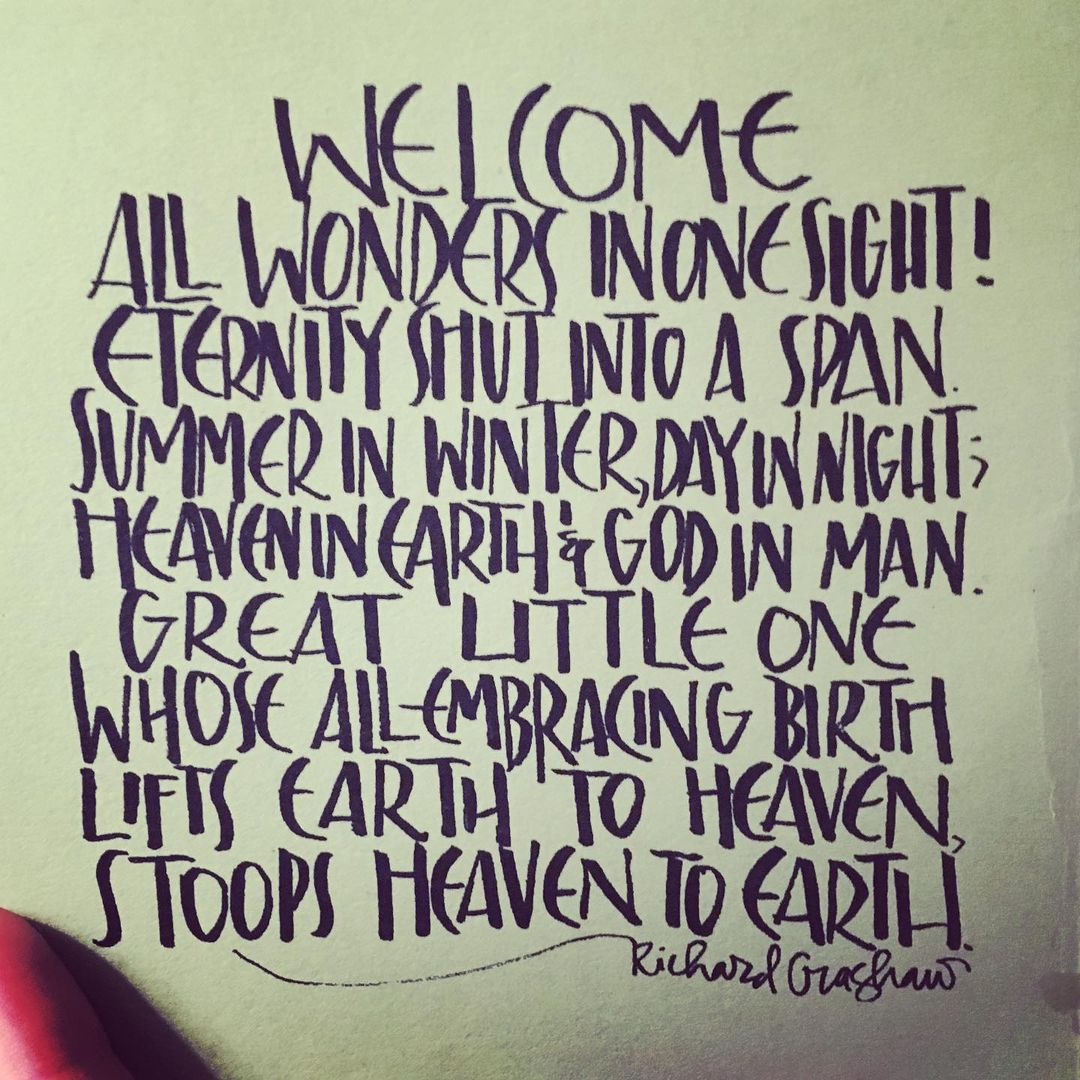Possible Preaching Themes
Possible Scientific Resources
- Light as communication of an event
- The longevity of the resurrection
- Time: Is it real or not?
- The Theory of Relativity is, generally, outside of the wheelhouse of theologians and preachers.
- In-Depth Resources: Church historian Allister McGrath has complied an accessible introduction: Allister McGrath. A Theory of Everything That Matters: A Brief Guide to Einstein, Relativity, and His Surprising Thoughts on God. Carol Stream, 2019.
- Brief Resources: If time is fluid, what does that mean for encounters with things past? Ingela Madfors explores this question in some interesting (and slightly Sci-fi) ways based upon physics https://www.diva-portal.org/smash/get/diva2:401672/FULLTEXT02
- This accessible article from PBS breaks this down in lay terms that are easily grasped. See: https://www.space.com/29859-the-illusion-of-time.html
- Light remains a topic of astronomical study, especially in how it is to be interpreted and what it means.
- NASA runs a large website that chronicles the work of the Hubble telescope, including how one interprets data of light and spectrum https://hubblesite.org/contents/articles/spectroscopy-reading-the-rainbow
- What is a light–year? https://www.space.com/light-year.html
- The James Webb Space Telescope is on a mission to study the earliest stars and peer back farther into the universe’s past than ever before https://www.space.com/news/live/james-webb-space-telescope-updates
Homily Outline Combining Resources
Homily outline
- All of today’s readings focus on communication. Science itself is the practice of communicating (interpreting) data to form an explanation for why or how something observable happens, i.e. how something that has happened requires further interpretation to make sense in the here-and-now.
- The physics of Light and Time
- The lights that we see in the heavens (planets, stars) are – often – the result of something that happened long ago that we are only perceiving now. For instance, the moon is 380,000km away; light emitted from it requires 1.3 seconds to reach earth. So, what we are seeing is – in effect – something that happened in the past. We are literally viewing history.
- This means that though light travels fast, it does not travel fast enough to reflect the event as it’s happening. Thus, light is always slightly late; it’s appearance must be interpreted now.
- Time, likewise, is more fluid than we once believed:
- Einstein’s theory of relativity declares that time – an event that happened – can only be judged according to one’s frame of reference.
- John’s Gospel has long understood this, focusing not exactly on a chronological order of events, but rather what those events
- Theological questions: such understandings of light and time pose significant theological questions about how something is able to reach from the past into the now:
- Easter is just such a question: is it a thing happened, or a thing happening? Or might it be both, implying that God’s grace pervades (and exceeds) time and space?
- How does one interpret an event that happened in the past but is encountered in the present (like, for instance, observable light from an exploding star)?
- The reading from Acts is, similarly, asking questions after the fact about how the community should function as a result of the resurrection for
- The reading from Revelation concerns matters of light, communication of the living Christ, and the new creation that God is bringing to birth.
- Direction of travel seem to matter here: the New Jerusalem is coming down to earth, earth is not going up to it.
- This has implications for the science of climate change: how the present creation is not being replaced but restored by God’s proactive action. Consequentially, what is the cooperation – or rejection – of human beings in fashioning this New Creation?
- The New Jerusalem is presented as being built of precious stones. While they are beautiful to see, another point to consider is their geological Stone lasts (basically) forever, just like the New Creation that uses it to fashion the Holy City.
Implications
- Like the Hubble or James Webb telescope, which exists in the present but is seeking answers to mysteries deep in the past, Christians live in the present but accept that life-giving mysteries for our redemption were revealed in the past.
- But astronomers not only recognize that the universe as a deep past, but is rapidly expanding ahead in a future that is difficult to grasp https://www.popularmechanics.com/space/telescopes/a27285469/universe-surprises-scientists-with-rapid-expansion/
- Christians are missioned to live in a kind of spiritual time-warp, deeply caring about past revelations, committed to uncovering and nurturing how such past revelations are alive and powerful in the present, and entrusted with building a future so that others can revel in the enduring gift of the timeless Christ.
Related Homily Outlines
Couldn’t find what you’re looking for?
Try searching with another filter

Preaching with Sciences

Edward Foley, Capuchin
Duns Scotus Professor Emeritus of Spirituality
Professor of Liturgy and Music (retired)
Catholic Theological Union
Vice-Postulator, Cause of Blessed Solanus









